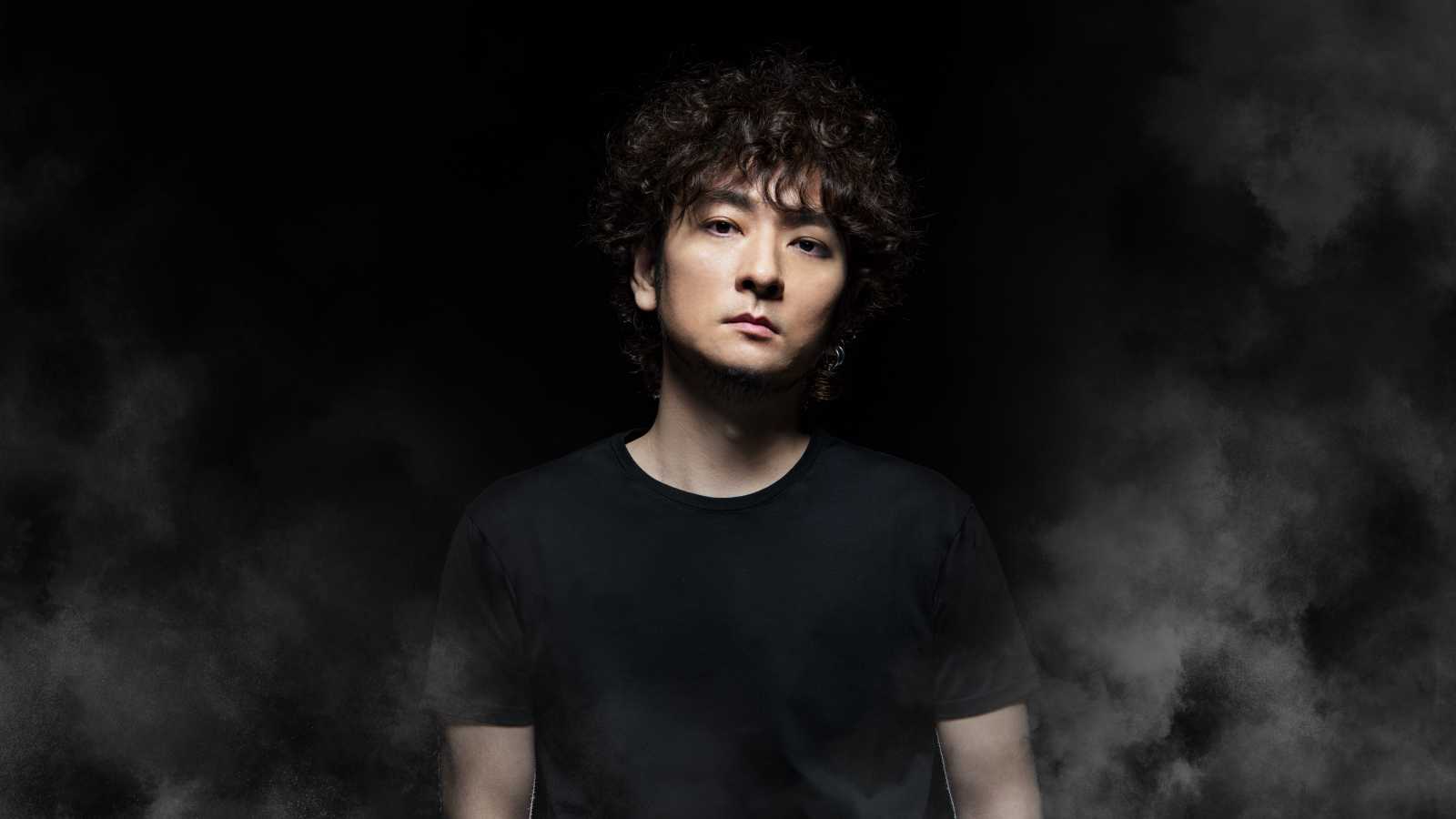Nana Mizuki offers some new twists on her powerful brand of pop music.
Despite being an important part of one of Japan's best-recognized cultural exports, anime music doesn't cross over with mainstream music as often as it may seem. Seldom do anime music (or anison) performers achieve upper-level chart success, but there is someone who bridges the gap. Her name is Nana Mizuki, and in spite of her other job as a voice actress, she has managed to obtain astounding success in the world of mainstream J-pop. She holds the distinction of being the first voice actress to take the Oricon chart's top position, and her arena concerts are tremendous, mind-blowingly lavish affairs. Mizuki has even made several appearances on NHK's "Kouhaku Uta Gassen", Japan's yearly televised music festival, which further cemented her reputation as "The Queen of Anison".
Any artist with this amount of success, however, is undoubtedly under a huge amount of pressure to constantly deliver top-quality work. Mizuki and her regular composers have shown time and time again that they know what their audience wants, but when offering something a bit different, can they deliver the same quality without stumbling? The singer's newest album, SUPERNAL LIBERTY, is just a bit different from anything she has offered before. Even so, Mizuki delivers a powerful, tour-de-force album without any hiccups along the way.
VIRGIN CODE begins the album in typical Nana Mizuki fashion - prominent strings and driving electric guitars that make for a dramatic introduction. As early as the second track, GUILTY, Mizuki starts to play with her usual formula in some unexpected ways. GUILTY is a vaguely menacing, club-style pop song with palpable Middle Eastern and electronic flairs, and it's no stretch of the imagination to say the song would fit nicely in the discography of someone like Kumi Koda.
Though there isn't a weak song to be found on the album, Appassionato , the third track, is one of the definite standouts. Few would've expected Mizuki to be able to pull off speed metal, yet the song is executed beautifully. Liberally-applied flourishes of European folk music help her make the song her own, and her powerful voice easily establishes itself over the blazing electric guitars and relentless drums. Things take a very different turn with Egao no Yukue. Sounding at first like a typical Mizuki effort, the song swiftly transitions into brass and synthesizer-heavy throwback to 90s J-pop. Another sharp turn brings the listener to Antique Nachtmusik, a sometimes-eerie pop song with a hint of 60s espionage flair.
"Fun" is the keyword for the next track, the aptly-titled Fun Fun★People. The lively use of brass instruments and very upbeat percussion ensure the song delivers what it promises. Keeping up the positivity is FATE, a soft ballad that's perfect for a sunny day. Mizuki's signature drama returns for Vitalization -Aufwachen Form-, adding an electronically-tinged string intro to an already brilliantly electronic single. Aishuu Twilight comes next, offering a jazzy edge not yet seen on the album.
The next three songs proceed in a more firmly rock-flavored direction, beginning with the cheery, positive Setsuna Capacity. The unusually-named Ladyspiker is a bit harder and more dramatic, but the overall tone is still one of enthusiasm and energy. The next track, Rock you baby!, is clearly designed to play well to Mizuki's stadium crowds, with a big, peppy sound that could set thousands of fans cheering. Million Ways = One Destination features more of Mizuki's signature string-heavy sound, and Bokura no Mirai is another upbeat track filled with 80s-style synthesizers and guitars.
The last song on the album, Ai no Hoshi -two hearts-, is a new arrangement by husband and wife team Hitoshi Fujima and Mika Agematsu of a song released for the anime "Space Battleship Yamato 2199". Long-time listeners will recognize Agematsu as a frequent contributor to Mizuki's work, playing harp for some of her best-regarded pieces. It's not hard to see why the two collaborate so frequently; Mizuki's distinctive voice and Agematsu's angelic harp complement each other perfectly, making the last track another strong highlight.
The album seems to revel in Mizuki's anime background, presenting fifteen tracks that all sound like the theme song to something. What this means, however, is that the effort and creativity that went into each song are very plainly obvious to even first-time listeners. Despite all the pressure she and her team have to overcome with each release, there are a variety of songs on SUPERNAL LIBERTY that are stylistically different than Mizuki's usual work. None of the songs feel forced, though, and all are performed with dazzling skill. Many people feel that chart-topping pop singers make music that's derivative or uninspired, but the whole album is anything but. Pop music is an unusual animal, and in Nana Mizuki's case, an especially powerful one. In spite of this, however, SUPERNAL LIBERTY proves that she's tamed it very well.
![HYDE [INSIDE] LIVE 2024 -EXTRA- at Makuhari Messe](https://www.jame-world.com/media/image/2024-11/_16-9_14951.jpg)


